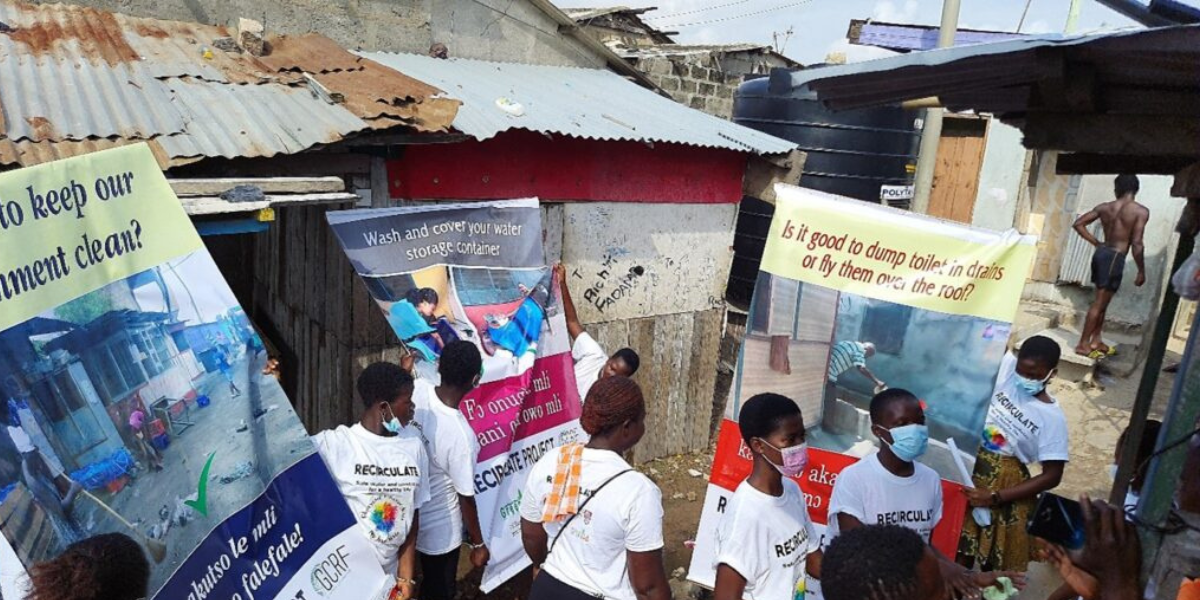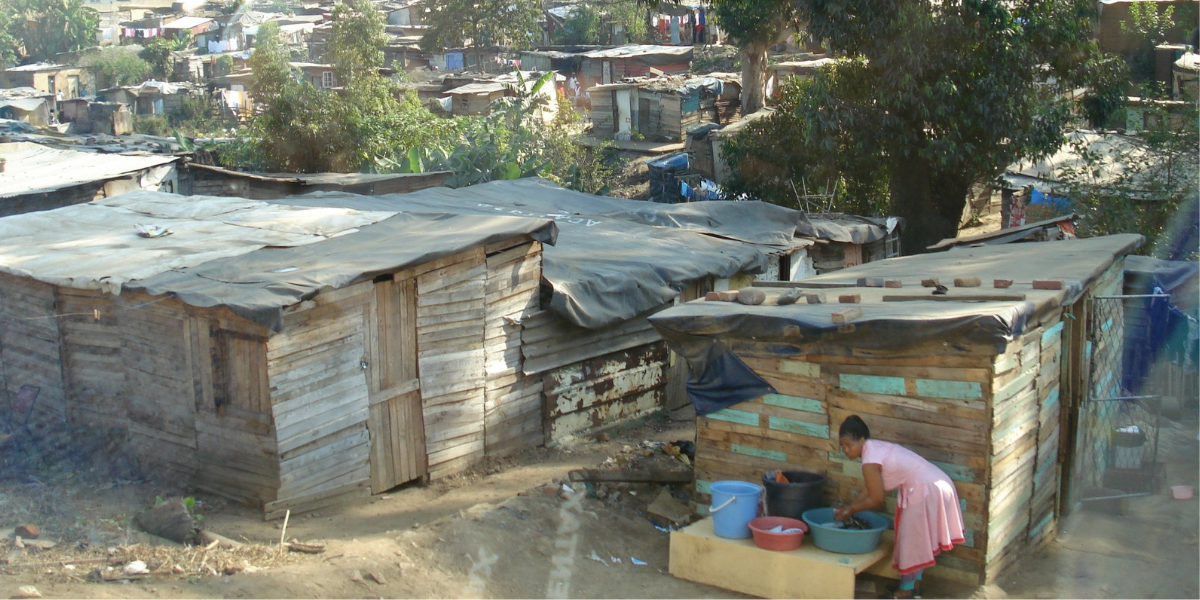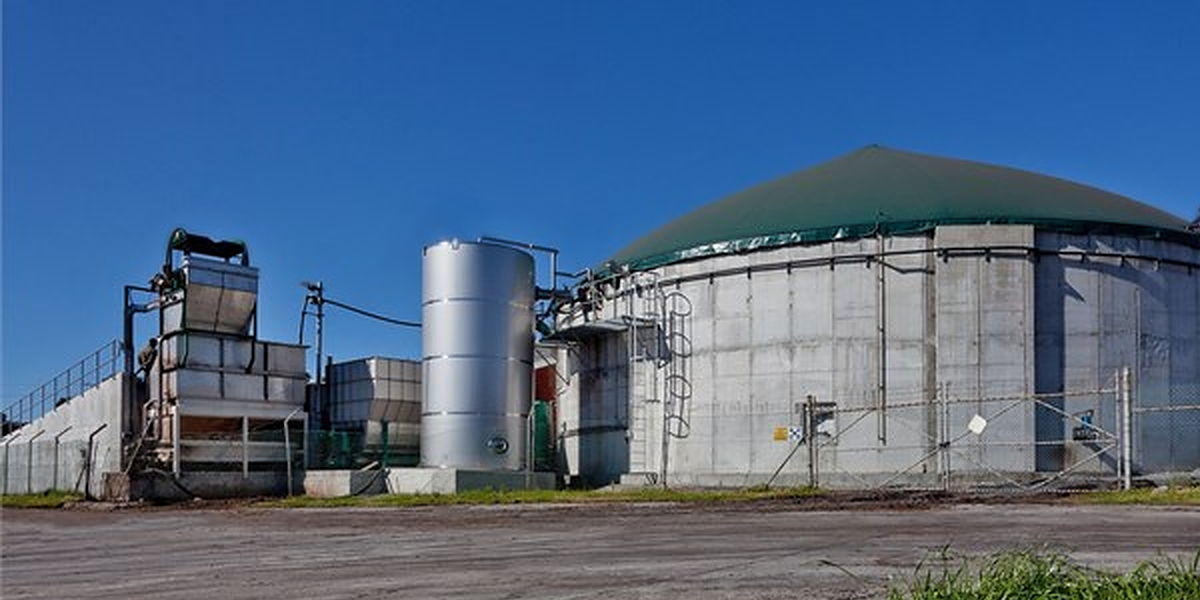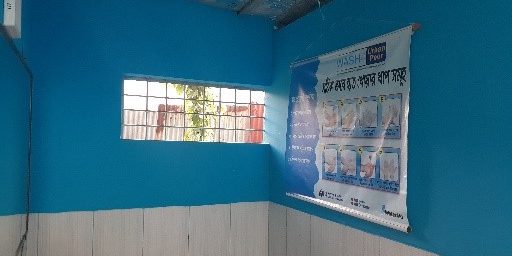
| In October 2019, a team of researchers from Lancaster and Ghana travelled to Bangladesh for a knowledge sharing visit to visit a successfully implemented series of Sanitation Safety Plan (SSP) and Water Safety Plan (WSP) activities completed in the Last 100 Meters project. A major aim of the visit was to learn the best practices implemented by the team in Bangladesh through field visits and a workshop. Two NGOs were involved in the training: Water Aid Bangladesh and DSK. The team also presented updates of the RECIRCULATE project at the Department of Architecture in BRAC University, Dhaka. The following is a blog from Patience Agbedor reflecting on one aspect of the trip. |
One of the reasons for the non-effectiveness of low-cost WASH interventions is their necessity for high user compliance to achieve consistent sustained behaviour change [1]. Therefore the need for change agents. Adolescent girls between the ages of 13 and 18 years were used as WASH change agents in a low income community situated in the Dhaka, capital city of Bangladesh.
The journey of these girls started in 2017 when they saw older women within the ages of 38 to 45 years actively involved in a project named “Last hundred meters” in their community and were motivated to join the project. Permission was sought from their fathers and was granted to be part of the project. The girls underwent training for some weeks on how to communicate through pictures convincingly.
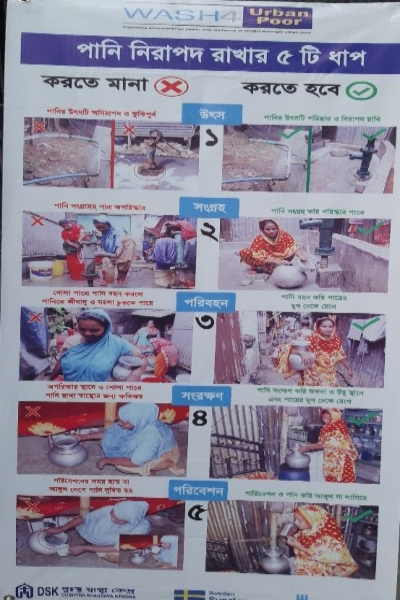
A banner with pictures of good and bad WASH practices
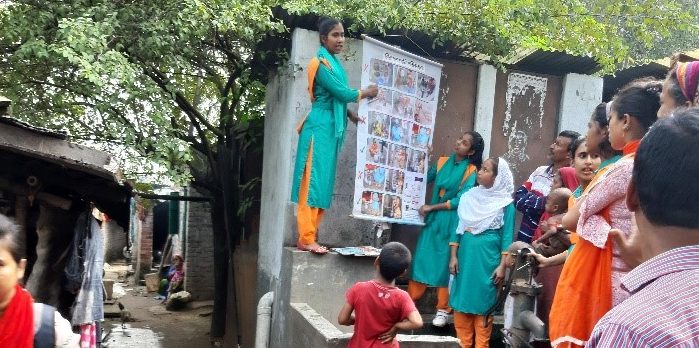
Girls educating their community through pictures
The girls gained a lot of confidence, performing in their community to promote behavioural change towards good water, sanitation and hygiene practices. They perform at the water collection point during peak hours once every week. The group kept performing even after the project had ended. The girls have acquired some exposure by way of gaining computer training, an invitation to perform in one of the prominent universities in their country. Researchers and NGO’s from other countries have come to watch them demonstrate their performance and to interact with them. Their confidence has been built through this programme and are ready to take up any job offer.
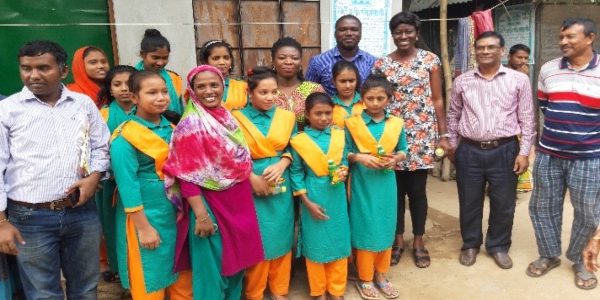
Fantastic girls with their mentors, researchers and international visitors
Reference
- Reducing the user burden in WASH interventions for low-income countries, Humphrey, J.H., (2019), The Lancet
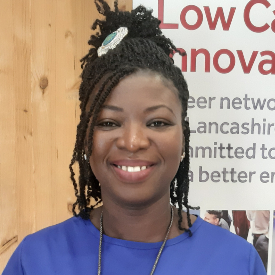 |
Patience Agbedor is a Research Scientist at CSIR – Institute of Industrial Research, Ghana. |
